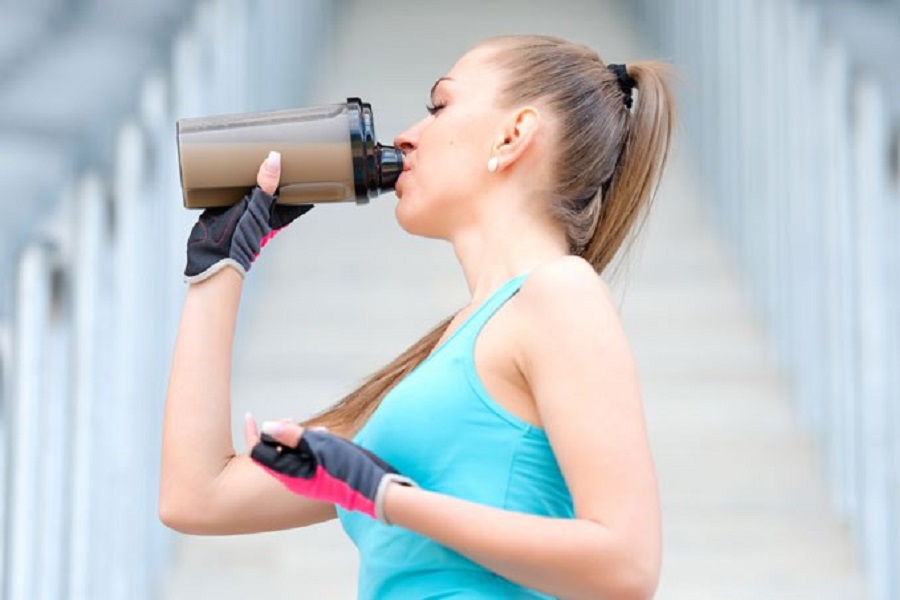Sports drinks are sugar-sweetened beverages that regulate the body’s electrolytes and are designed for athletes who engage in vigorous exercise. Not only does it efficiently hydrate, but it also better promotes electrolyte balance, replenishes energy, and allows athletes to perform better. But for people who don’t exercise often, sports drinks are not suitable for regular consumption.
Long-term exercisers need to supplement sports drinks
Long-term exercise, the body urgently needs to add water and energy, in order to avoid dehydration and low blood sugar. The main source of energy is carbohydrates. Solid food or drinks with too high carbohydrate concentration will delay the emptying speed of the stomach, which is not conducive to absorption, but may cause nausea and diarrhea. The carbohydrate concentration of sports drinks does not affect gastric emptying, allowing water and sugars to be quickly absorbed by the small intestine. If you are exercising, you can add 200 ㏄ of sports drinks every 15 minutes, which is enough to meet the needs of vigorous exercise. In addition, the sodium ions in sports drinks can also help the body store water and avoid losing too much.
Usually micro-exercise does not necessarily need to supplement sports drinks
In fact, the intake of a large amount of electrolytes will increase the burden on the kidneys and have an adverse effect on the human body. Therefore, it is not recommended to drink it during normal or micro-exercise. In addition, sports drinks are acidic and are not suitable for patients with gastric ulcers or on an empty stomach.
Boiled water and natural fruits can also replace sports drinks
What if sports drinks are not suitable for you, but you want to replenish the electrolytes lost during exercise? Experts said that after exercising, the average person should add enough water (boiled water), and then match it with natural fruits, which is the best choice, such as easy-to-carry bananas, kiwis, etc. The weight is about 1 to 2 fists. Supplement minerals such as water, potassium, and magnesium in a timely manner to help maintain electrolyte balance in the body.
Sports drinks often contain simple sugars that are easily absorbed and utilized. Drinking them will increase energy intake and rapidly raise blood sugar. People with diabetes and overweight people are not suitable for drinking sports drinks. Patients with cardiovascular disease, kidney disease or abnormal blood sugar are not suitable for drinking functional beverages with high electrolytes such as sodium.


